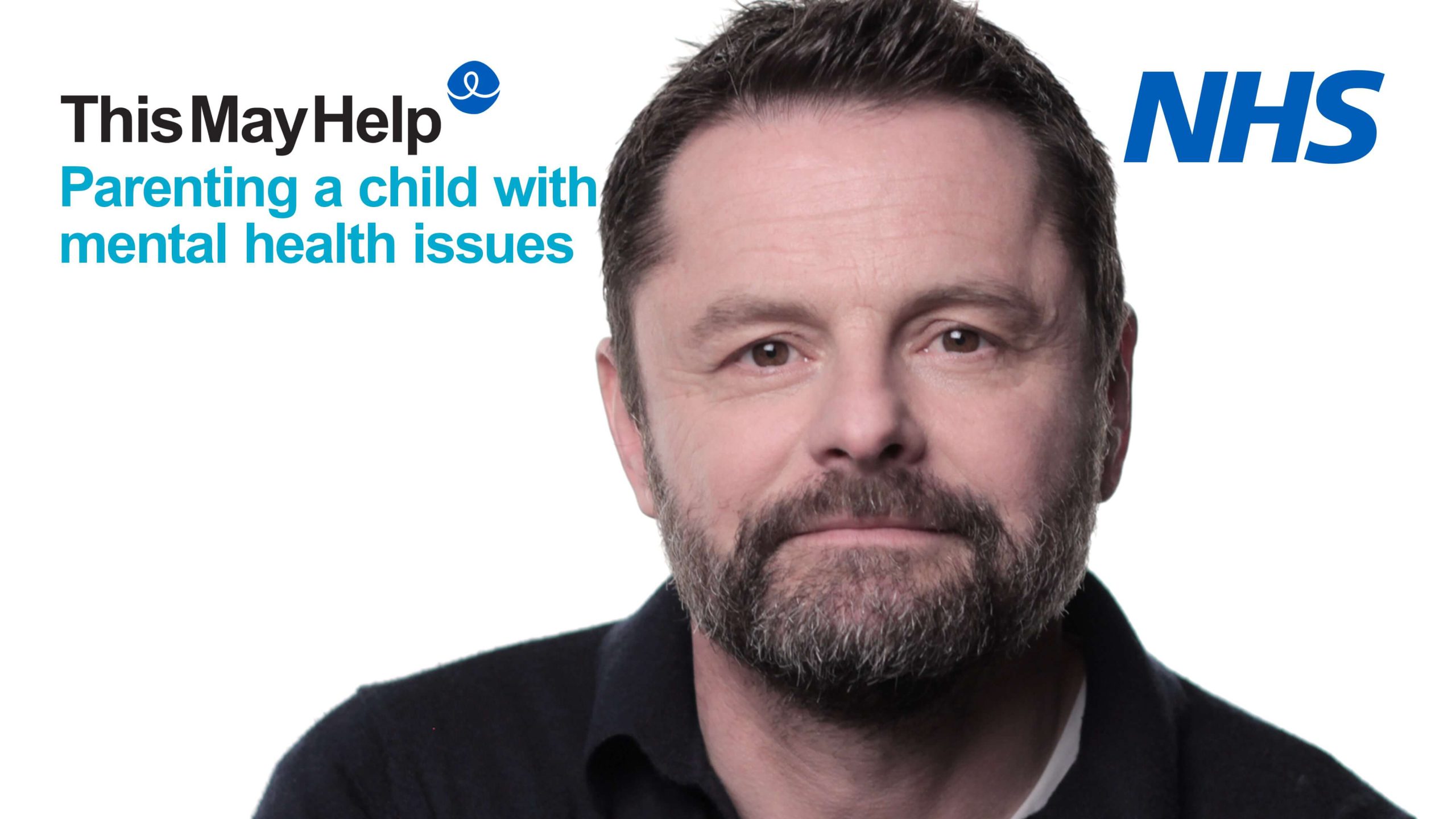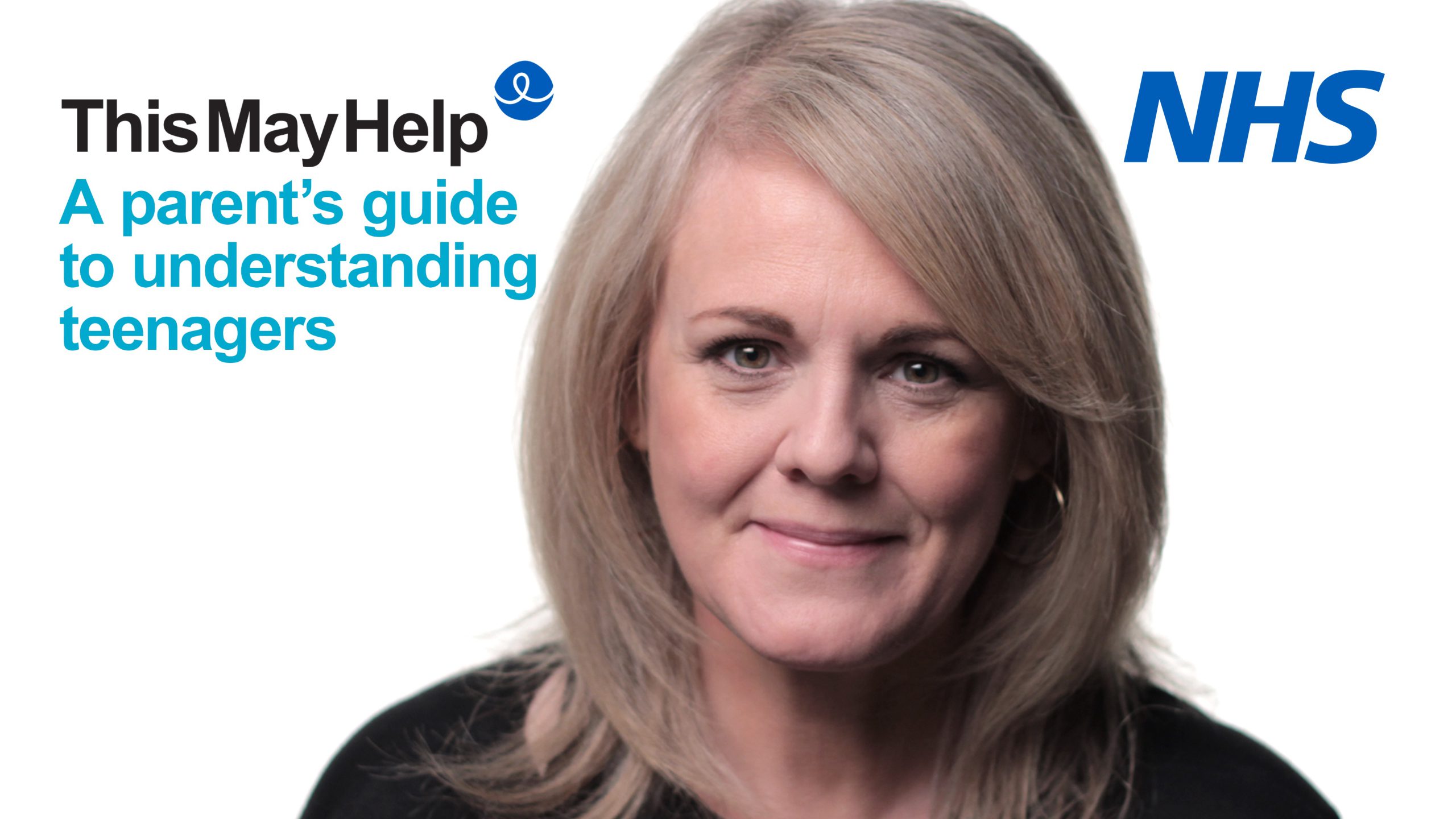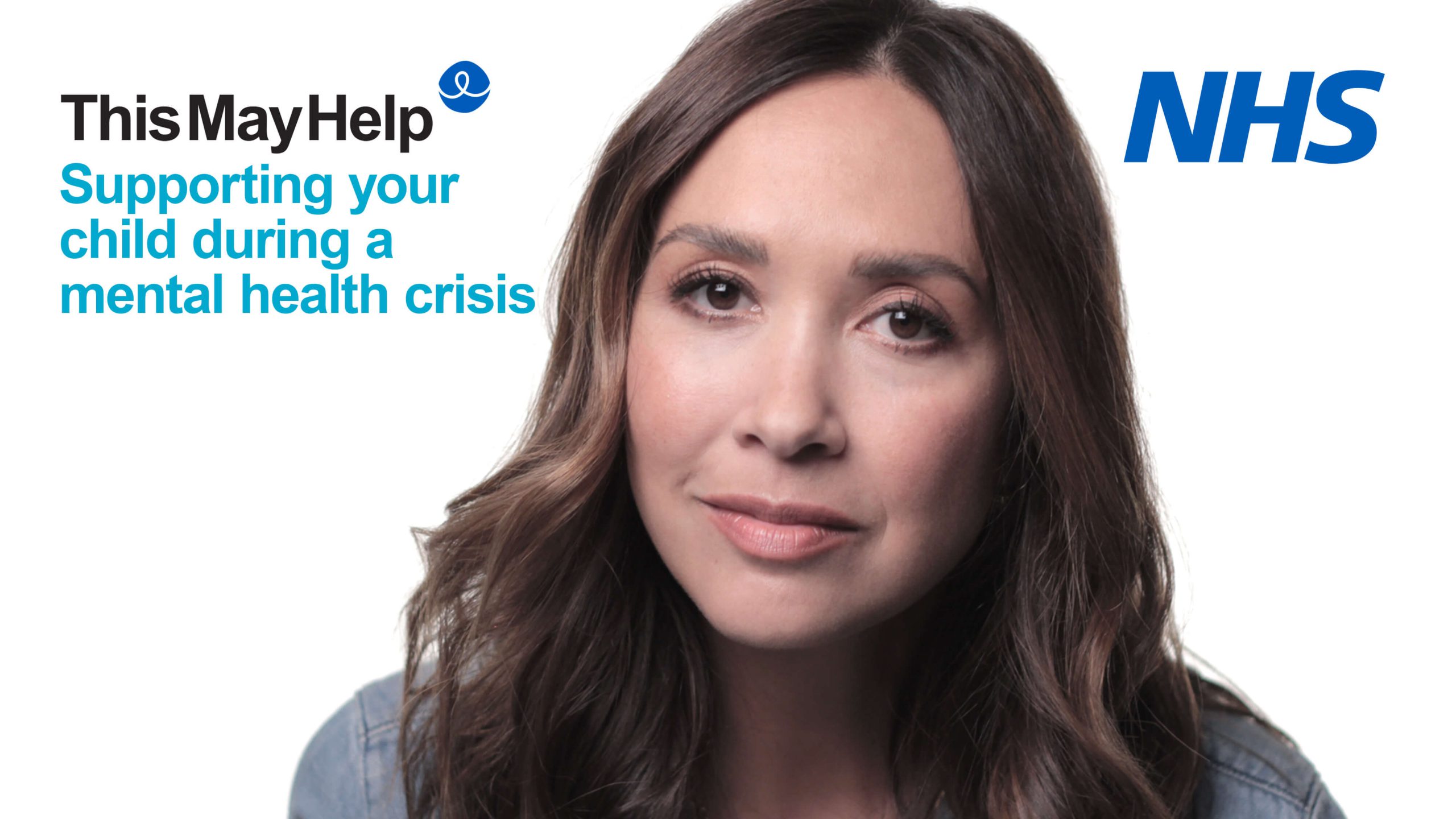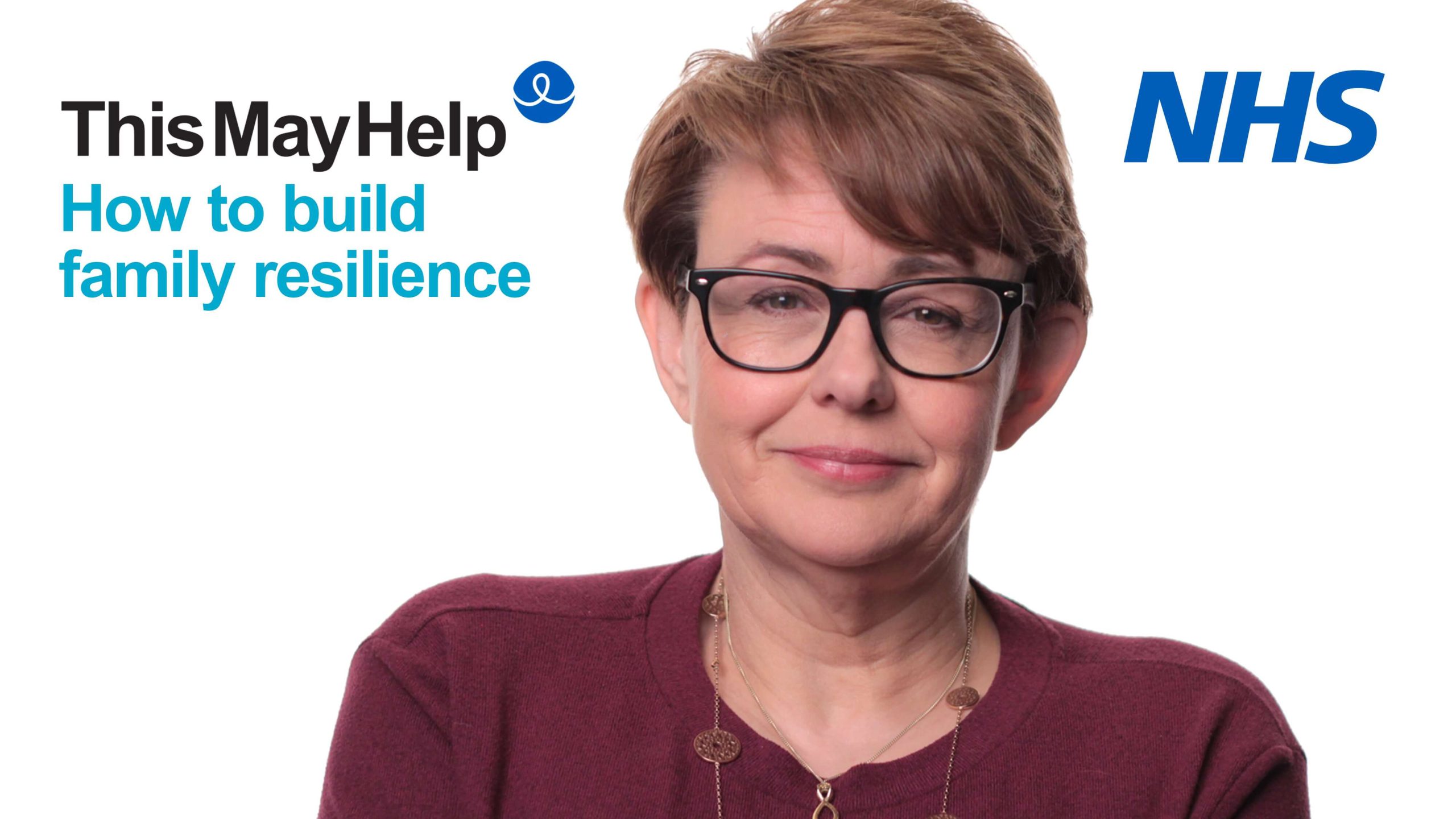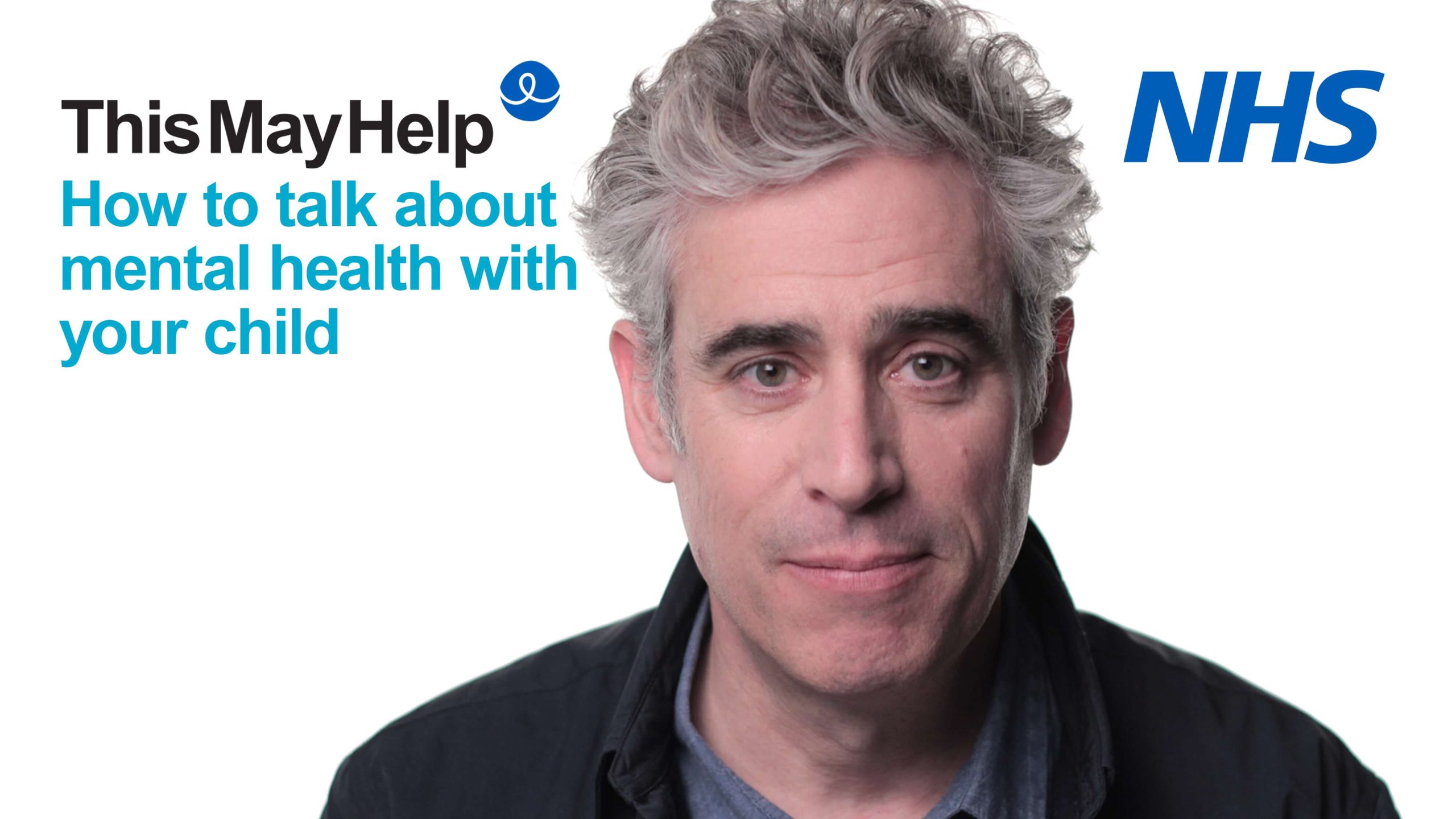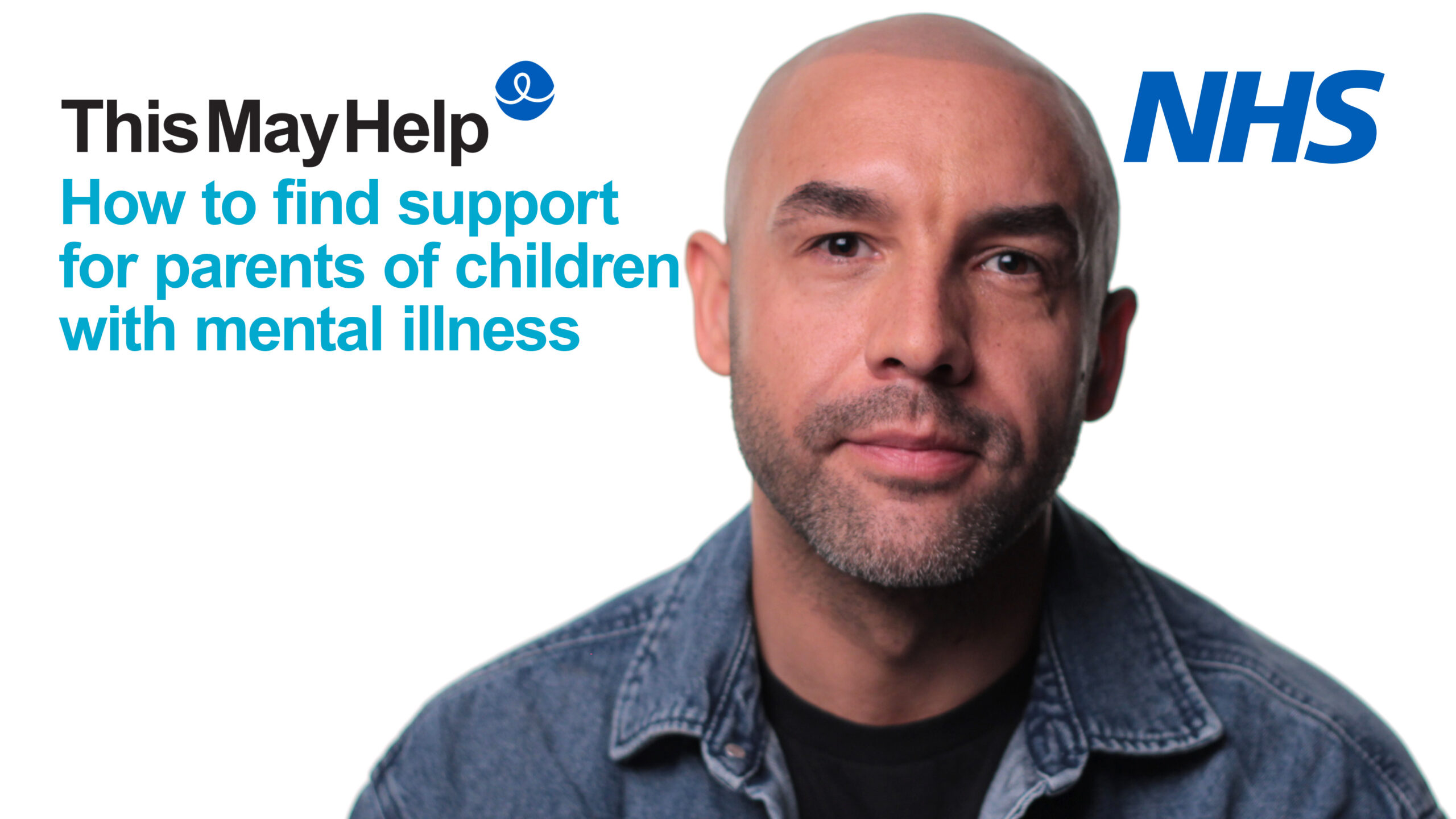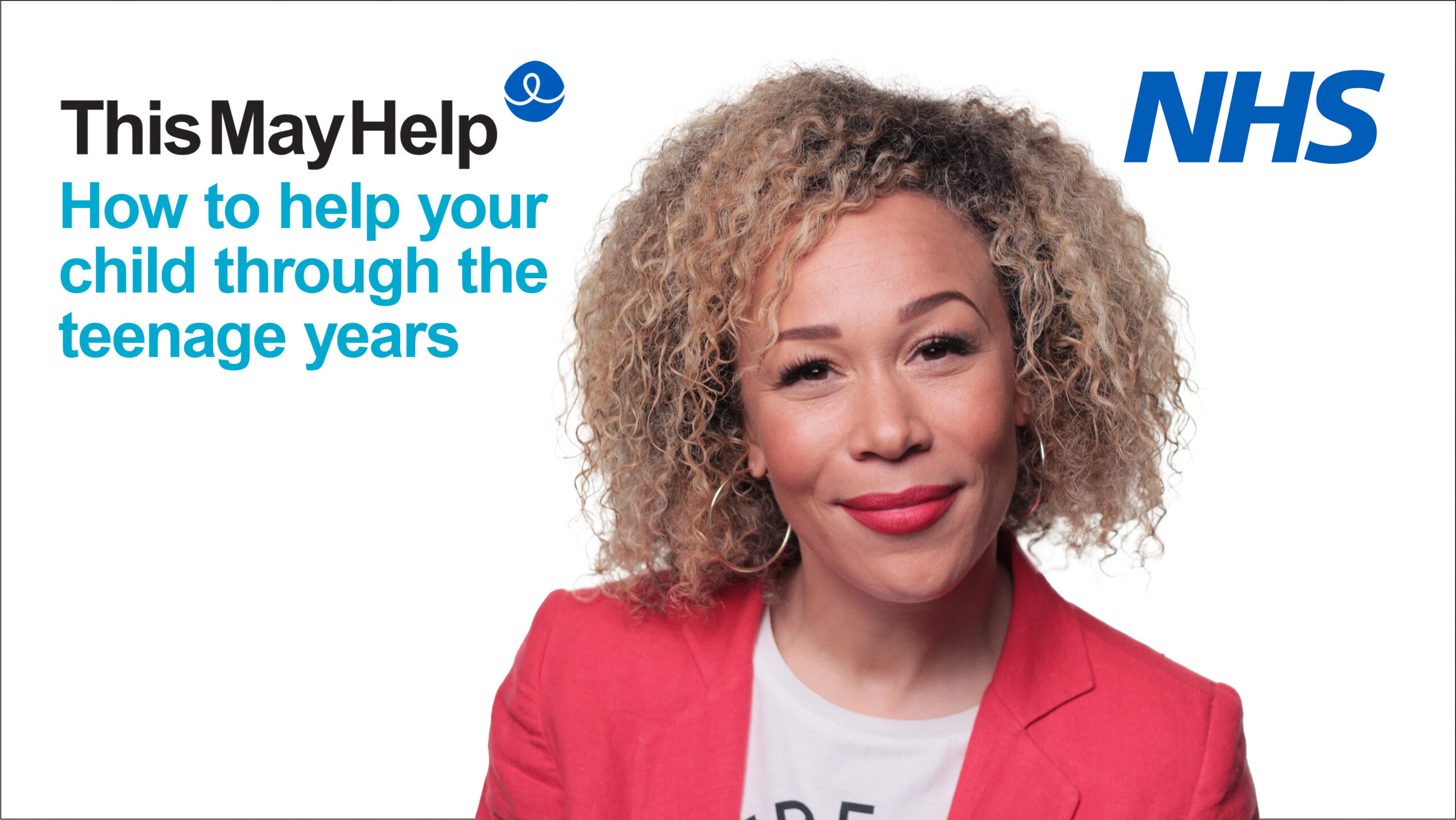Young people face many new and socially challenging situations that can cause feelings of anxiety. And while occasionally feeling anxious is normal, it can build up and begin to get in the way.
In this video, Laurie Brett shares expert advice from NHS Mental Health Professionals for parents who want to learn anxiety distraction techniques or to know how to support a child who’s struggling with anxiety, with five tips that may help.
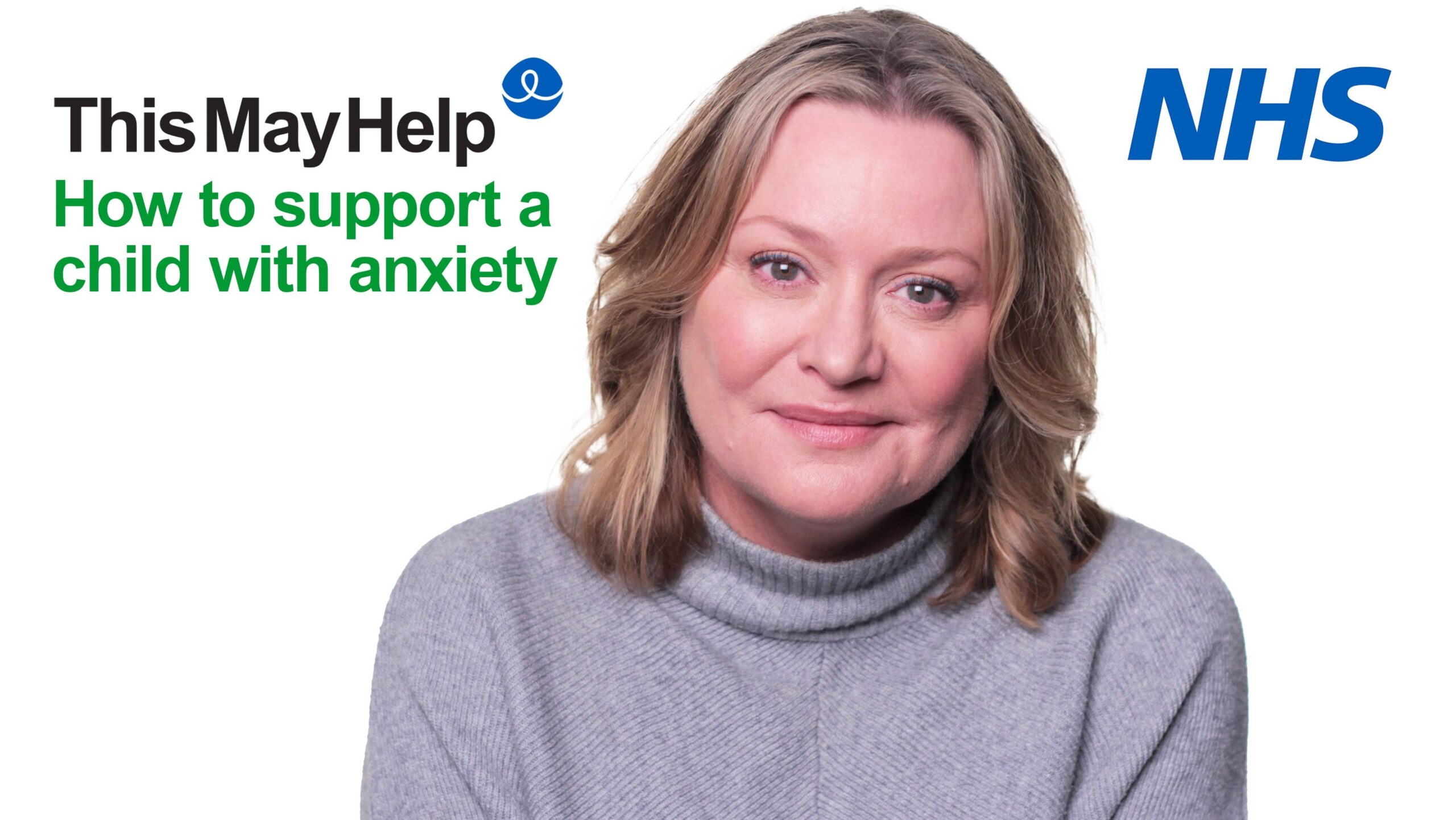
More support
1. Be supportive
Although you may think they’re overreacting, their feelings are genuine, so try to empathise and let them know that you’re there for them.
Tips for supporting a child with anxiety
- Encourage them to talk and get things off their chest.
- Try to listen to what they tell you, empathise with the way they feel and offer them any support they might need.
- If they tell you about any problems they’re struggling with, help them to break them down into smaller, more manageable portions.
- Help them to identify and get rid of any thoughts that are unhelpful.
2. Things to avoid
- As much as you’ll want to help them to calm down, telling people to do so tends to have the opposite effect.
- Avoid wading in with any answers or opinions until you know they’ll be welcome, otherwise you may just be confusing the issue, creating more expectations or generally adding to their stress.
Try to understand what’s going on
When the brain senses uncertainty it prepares the body’s systems for fight or flight, which is why anxiety is often accompanied by strong physical symptoms. Letting your child know this can help them to understand why they feel the way they do and can help them to bring the feelings under control. Explore with them the types of situation that cause anxiety to help them to plan ahead and cope with them a little better. Some families have found that having a safe word can help to alert people to any behaviour or language that might cause feelings of anxiety.
3. Find things that help in the moment
In the heat of the moment it’s important that you yourself remain calm and try to be a calming influence as you help your child to bring their emotions under control. The rational brain can only deal with one thing at a time, so it can help to distract the child from the cause of anxiety.
Some useful anxiety distraction techniques
- Simple exercises like slowly counting down or focusing on and describing what each of the 5 senses is experiencing act as both a distraction and help to de-escalate the physical symptoms.
Physiological exercises that can also help
- Many people find that taking big deep belly breaths helps. You can do this by sending the breath into your tummy instead of your chest and inflating it like a balloon. Hold it in for a few seconds and then slowly let it out. Just doing 3 or 4 of these can make a big difference.
- During moments of crisis, putting the adrenaline towards aerobic activity such as jogging or even fast walking can help to reduce anxiety and tension and distract the mind from the thoughts that cause them.
- The body’s physiological systems can’t differentiate between anxiety and excitement, which means that it is possible to convince yourself that it’s the latter rather than the former by thinking of something exciting, by whooping and cheering or by singing a song associated with excitement.
- Different people find different things help them, whether it’s physical exercise or simply putting the kettle on and having a cup of tea. Once you find something that works, write it down on your list of dos and don’ts for next time.
4. Plan ahead
It can be difficult to think straight in difficult moments, so having things at the ready will help you to manage.
Tips for planning ahead
- Some people have found it helpful to put together a self-soothe box with items that provide comfort in moments of stress. It might be things like photos or objects that trigger memories of happy moments, or maybe different textured fabrics, old childhood toys, music, scented items or whatever else works.
- Communicating any plans in a clear and calm manner ahead of time can also make it easier to prepare coping strategies if necessary.
5. Reach out for help
Anxiety is quite common, so you’re certainly not alone. As a first port of call, speak with your GP or contact your local community child and adolescent mental health team. There’s also a wealth of apps and online resources, as well as therapy programmes like Cognitive Behavioural Therapy and wellbeing activities like yoga and meditation that others have found to be a great help.
Some additional resources that may also help
- Charlie Waller Trust: Supporting a child with anxiety (a guide for parents and carers) https://charliewaller.org/resources/supporting-a-child-with-anxiety/
- Anxiety UK: children and young people with anxiety https://www.anxietyuk.org.uk/resources/
- Mind: Anxiety and panic attacks – how can other people help? https://www.mind.org.uk/information-support/types-of-mental-health-problems/anxiety-and-panic-attacks/for-friends-and-family/
- NHS advice for supporting the mental wellbeing of others. Better Health: Every Mind matters https://www.nhs.uk/every-mind-matters/supporting-others/childrens-mental-health/
- For information on how to access NHS Mental health services visit https://www.nhs.uk/nhs-services/mental-health-services/
